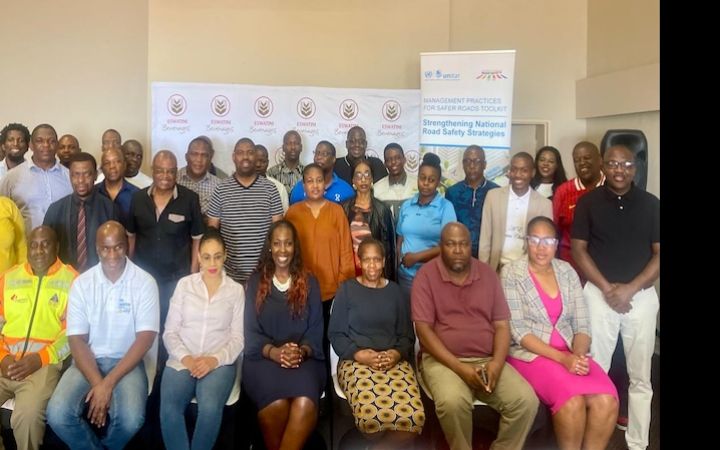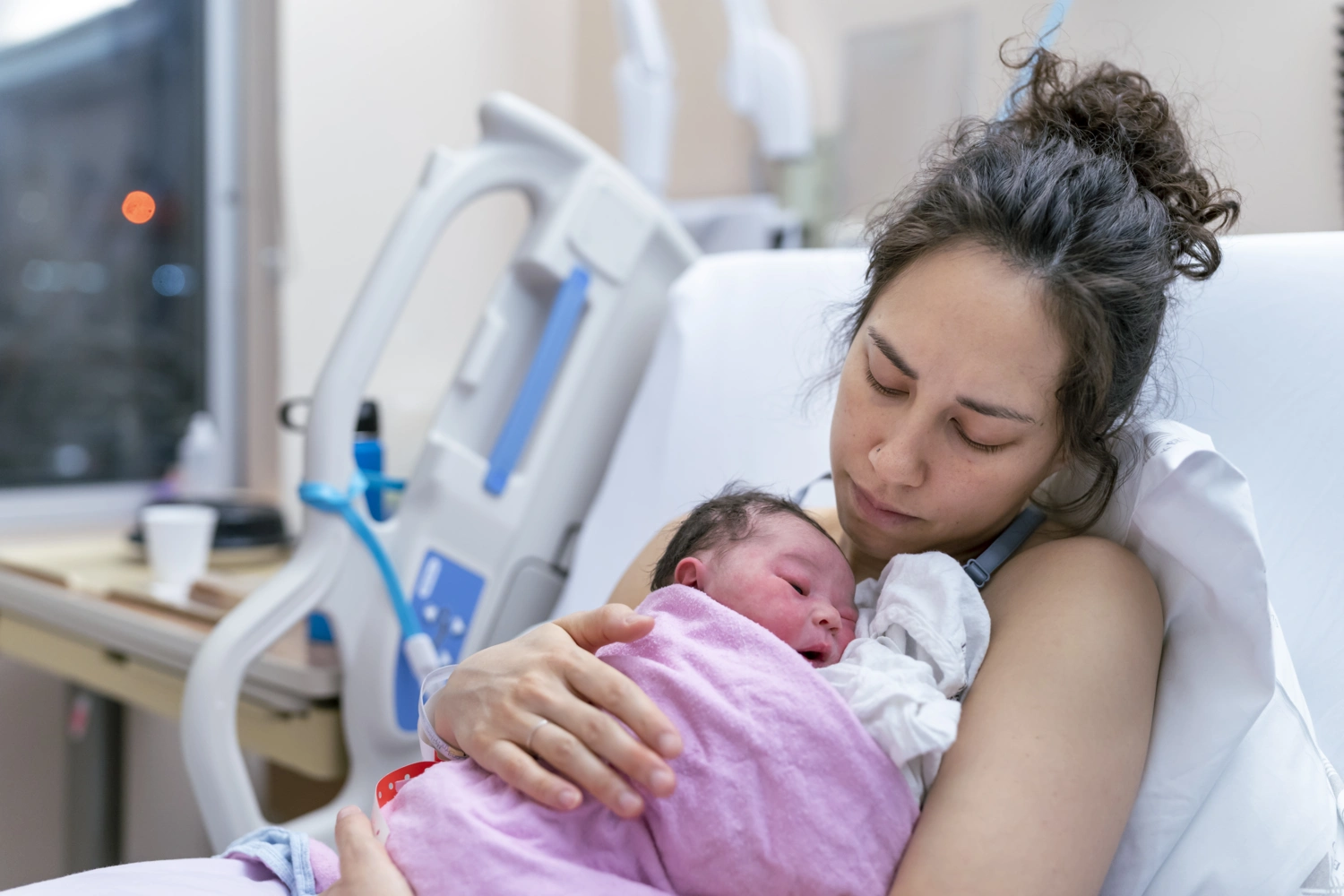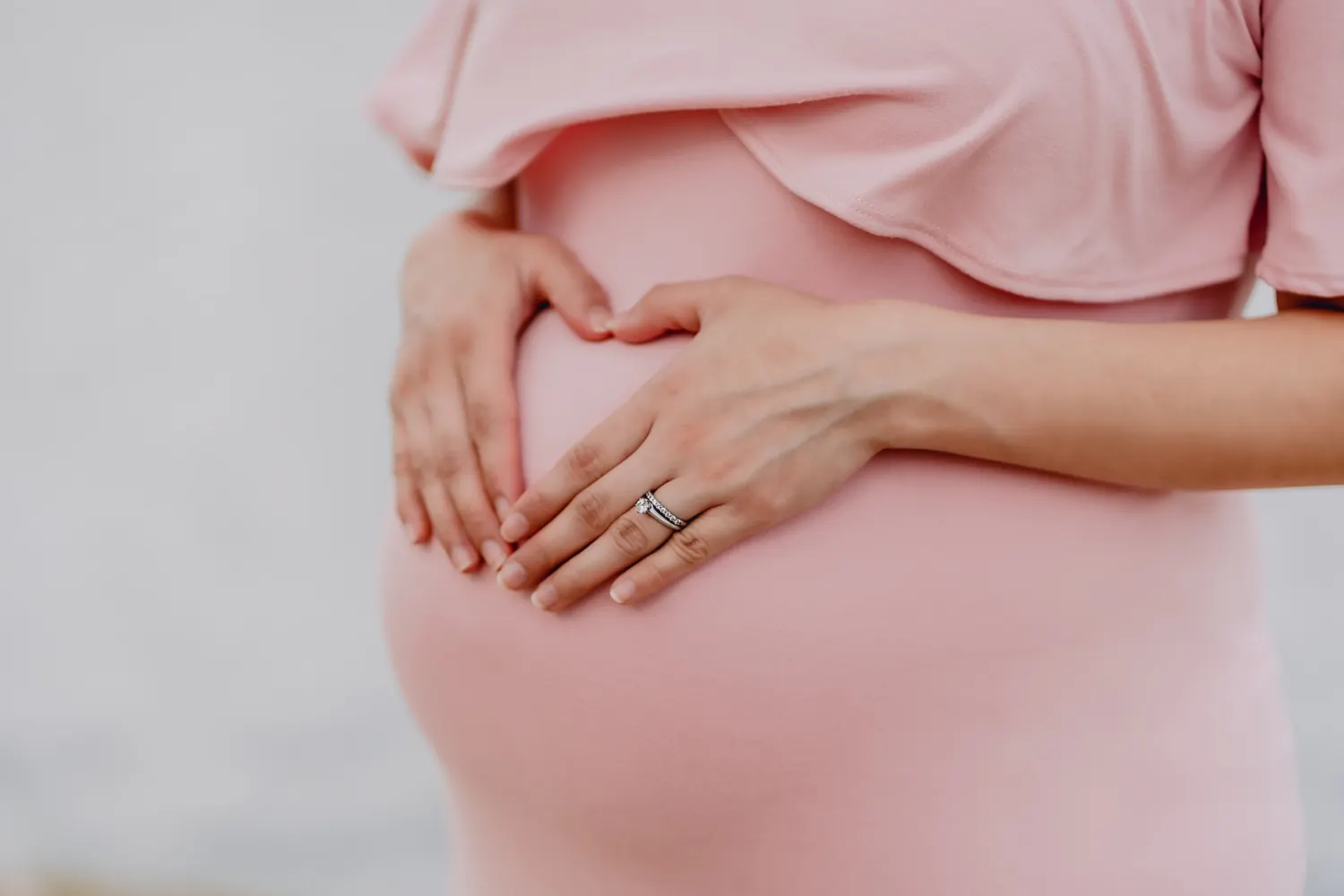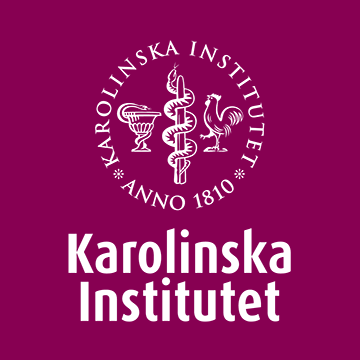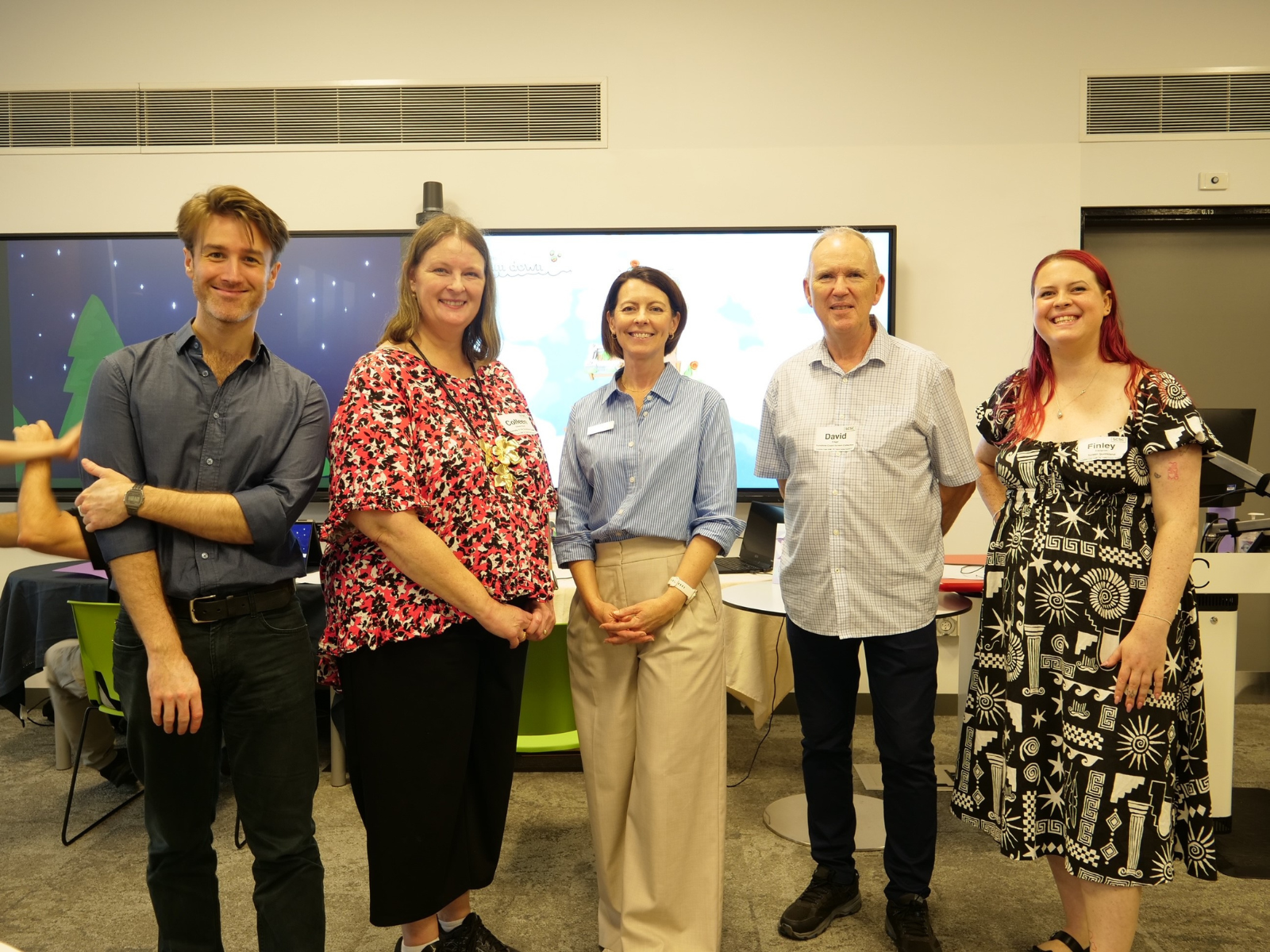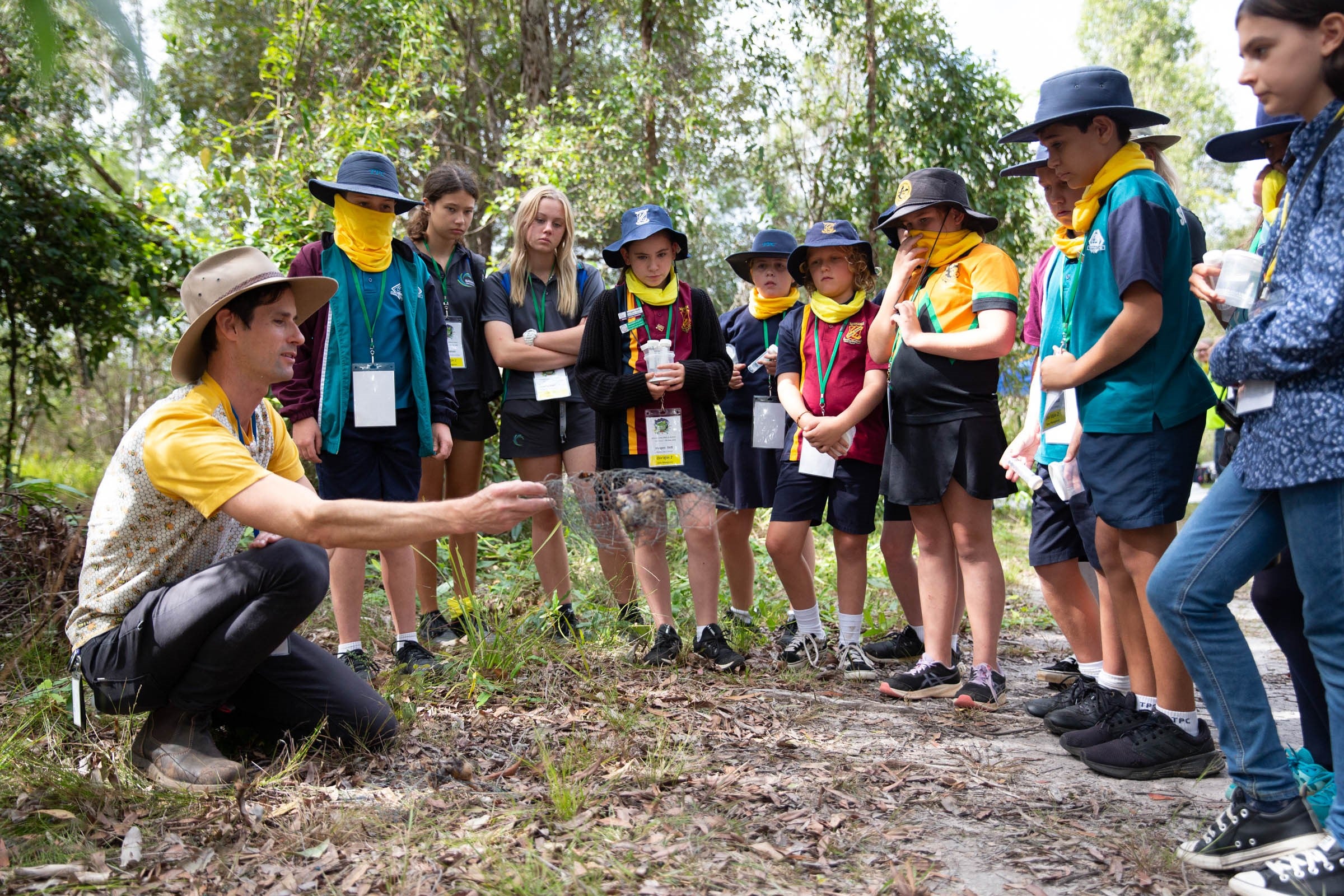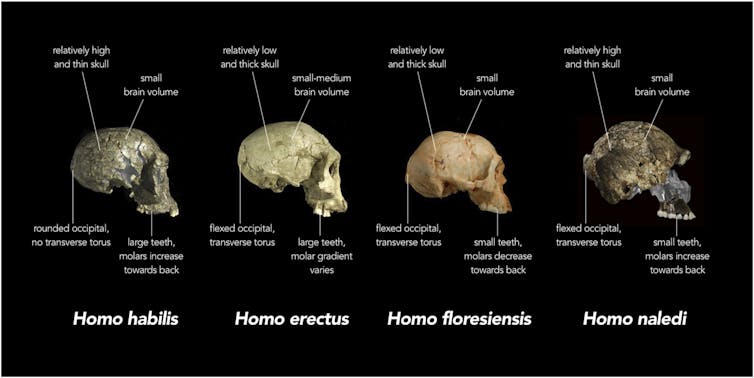The Andrews Labor Government is supporting Victorian vegetable producers to keep food waste from landfill, with innovations that create new jobs and revenue streams.
Minister for Environment and Climate Action Lily D’Ambrosio today visited a business in Werribee South which is turning surplus vegetables into powders ready for supermarket shelves.
A $500,000 grant from the Labor Government has supported Victorian business Fresh Select to install a drying unit that processes vegetables and vegetable offcuts not suitable to sell, and transforms them into nutrient vegetable powders.
The powders – on shelves soon under the label Nutri V – can be added to smoothies, sauces, soups and used in muffins, cakes, breads and other baked goods to boost vegetable intake.
The innovative facility will help local growers create new revenue streams, save costs, and minimise food waste on farms, while creating nutritious new products.
The facility has the capacity to transform almost 8000 tonnes of surplus vegetables and vegetable offcuts every year into new food products and will create 11 new jobs.
The first of its kind in Victoria, the technology is a model that can be expanded to other vegetable producers across the state.
Fresh Select, headquartered in the ‘salad bowl of Victoria,’ is one of the largest producers of lettuce and vegetables like broccoli and cabbage in Australia.
The grant was part of the Labor Government’s Circular Economy Business Support Fund, investing $4.34 million into projects that help to avoid waste, use materials more efficiently and create new jobs in Victoria.
The Government has invested over $515 million to deliver the biggest ever transformation and reform of Victoria’s waste and recycling industry.
As stated by Minister for Environment and Climate Action Lily D’Ambrosio
“2.4 million tonnes of food products currently end up as waste in Victoria every year, innovations like this drive us towards our goal of halving our food waste by 2030.”
“This home-grown, Victorian innovation will help develop zero waste farming in our state, creating new jobs and revenue streams as we divert 80 per cent of waste from landfill and halve emissions by 2030.”

